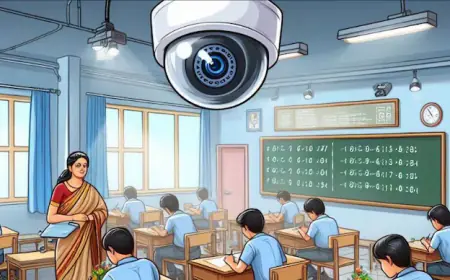Child Parent Relationship Research: Daughters get angry with their father more than mother
Daughters get angry with their father more than their mother: After the age of 14, the distance between the parents of the children increases, and every fourth youth in the US are separated from their father.

There is a very old saying, daughters are father's darling and the first hero of daughters is their father. Despite this, there comes a time during adolescence and youth, when daughters become distant from their fathers. They stop speaking their mind. He does not like his father's advice and sometimes takes a rebellious attitude.
Ohio State University did research in America. It has come to know that 26% of the youth aged 14 to 22 years get separated from their father in one or the other issue. But, it does not last long and in most cases, the children play a major role in bridging the gap. Daughters are ahead in this too. They get angry with their fathers 22% more than their sons. If we talk about being distanced from the mother or sulking, both sons and daughters are only 6% more likely to be distant from the mother as compared to the father.
There are a lot of physical, mental and social changes during adolescence, such as school college, job, and marriage, says Rin Raczek, professor of sociology at Ohio State University. Disagreeing with the father's thinking in the decision of these changes creates distance.
Research has shown that the average age of separation from the father of children is 23 years, while the average age of separation from the mother is 26 years. Married and divorced sons and daughters become more distant from their parents, but when they have their own children, their thinking changes and their mind shrinks. The closeness of such parents with their parent's increases.
After the distance, when the closeness is made again, then the daughter becomes more deeply connected with the mother and the son with the father. Rezak's research states that 87% of gay children get estranged from their fathers. In many cases, their communication with each other also stops completely.
Both children and parents have to make an effort to bridge these distances, says Professor Rinczek. Educated and employed fathers can easily reduce this distance.
For this, it is necessary that fathers talk to their children. Don't impose your decisions on them. Talk to them about all those subjects in which the children have different views. Hear their thoughts. Sometimes there is no harm in obeying the children after a little change.




































































































































